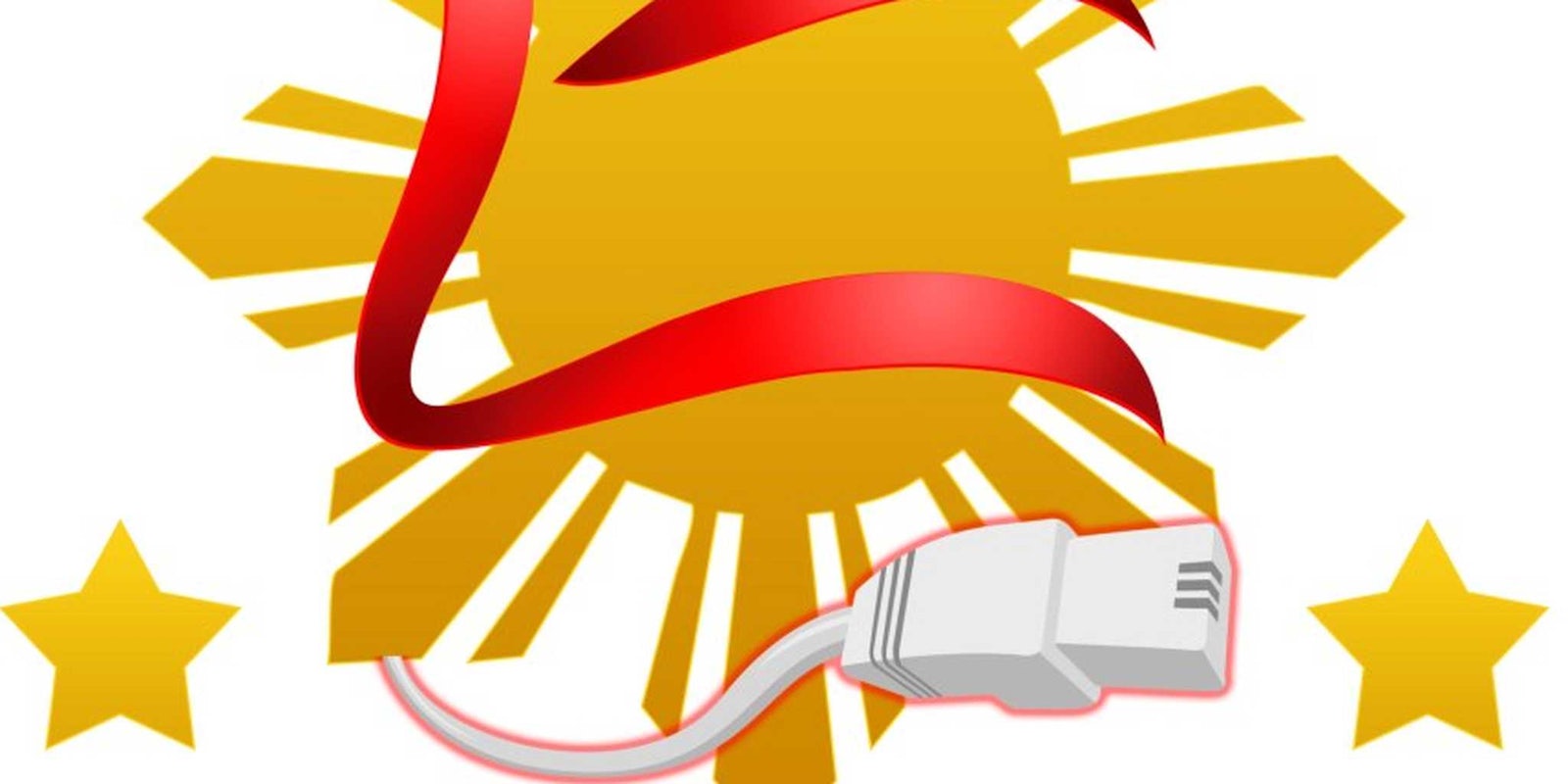In September 2012, the Philippines passed a miserably unpopular cybercrime law, one whose host of newly criminalized online activities included cybersex and looking at porn.
But what a difference 10 months makes. Now, that law’s on hold, and the country’s congress is considering an activist-drafted “Magna Carta for Internet Freedom.”
The Magna Carta, if it passes, would guarantee Internet rights to Filipinos in a host of categories. Those include guaranteeing free speech and promoting universal access for citizens. That point goes so far, it even prevents places that offer Internet to guests, like schools, hotels, and Internet cafes, from regulating content.
Its privacy section would seem to counter fears of the government engaging in Internet spying like the U.S.’s NSA does, and allows users to “protect the privacy of [their] data.” It also would attempt to mitigate the country’s harsh stance on online copyright, stating “the viewing, use, editing, decompiling, or modification, of downloaded or otherwise offline content on any computer, device, or equipment shall be considered fair use.”
The Magna Carta’s roots, as chronicled by the government transparency organization called the Pro Pinoy Project, come from a dedicated group of activists outraged by the sweeping, highly-criticized Cybercrime Prevention Act of 2012, which became law in September.
In response to the Cybercrime Prevention Act, Filipinos engaged in the largest Internet protest in their country’s history, complete with a blackout of popular sites, an online petition with more than 75,000 signatures, and Anonymous taking down a dozen government sites. By October, the country’s Supreme Court put the law on hold to examine it; by February, it was put on indefinite hold.
That was the environment that inspired six bloggers to get proactive and draft a bill to prevent similar laws from being passed in the future. A Senate aide created a Facebook group for them before the Cybercrime Act was even signed into law, and they drafted it together on Google Docs. Eventually, the group caught a meeting with Senator Miriam Defensor-Santiago, who introduced it as a Senate bill in November.
Rep. Kimi Cojuangco filed a corresponding House Bill on Thursday.
It’s worth noting the Magna Carta for Internet Freedom isn’t a simply hacker’s dream. It criminalizes a few specific kinds of speech—like the darkly poetic charge of “blackening the memory of one who is dead” as libel. And it allows the government to suspend a user’s access if they’re convicted of certain crimes.
Still, it has the advocacy seal of approval.
“Overall, the crowdsourced Act is a success story,” wrote Jillian C. York, the EFF’s Director for International Freedom of Expression, adding “we support our allies in the Philippines as they work to push it forward in the Senate.”
Photo via Democracy.Net.PH/Facebook


